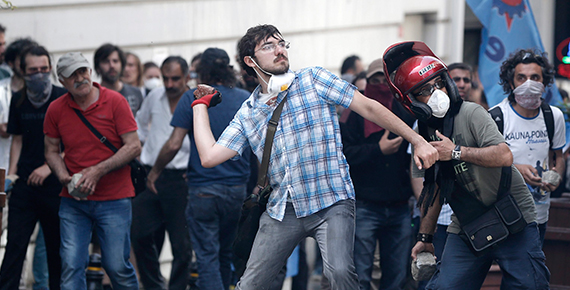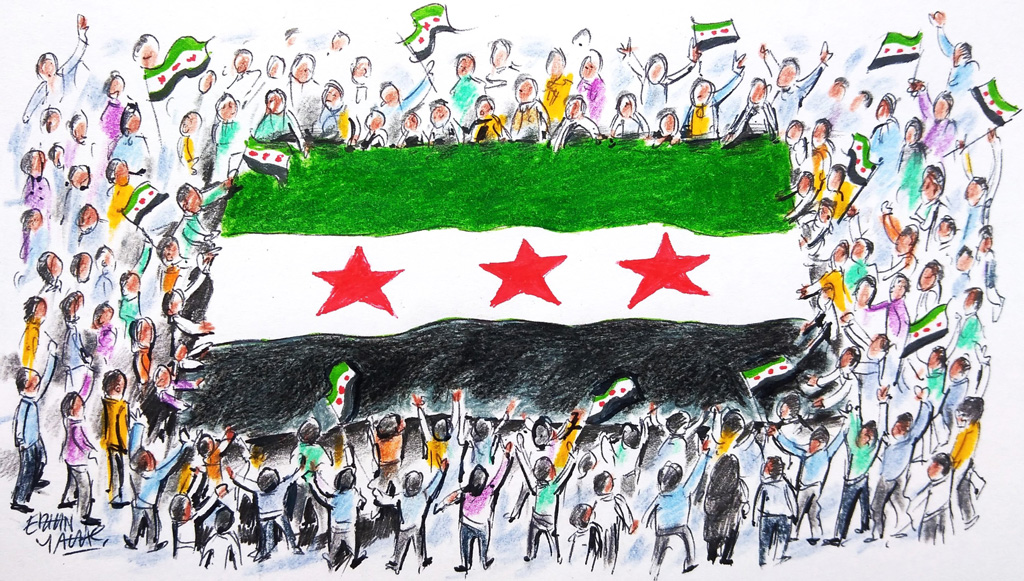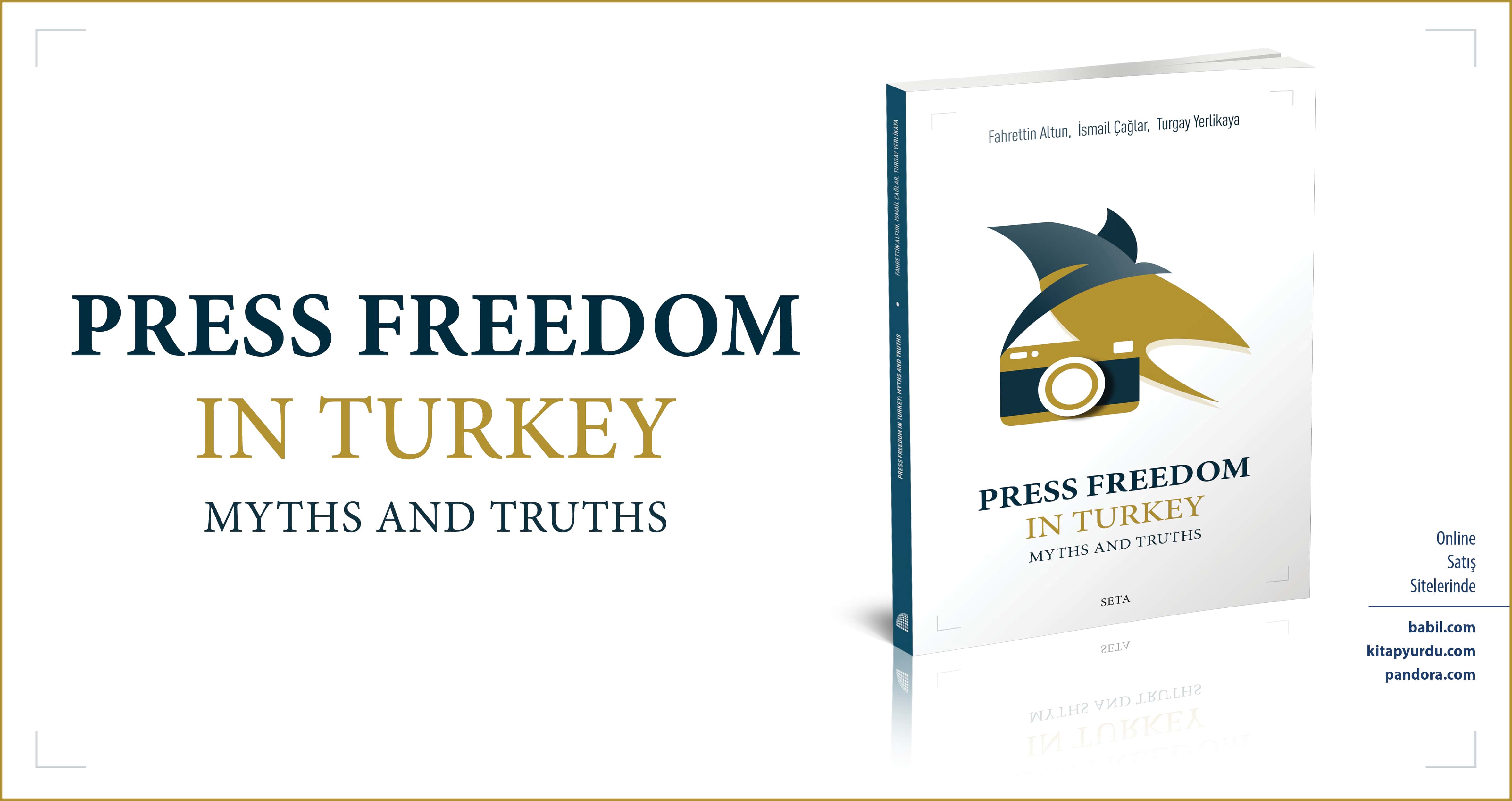The ongoing protests have occupied the daily agenda in Turkey for more than a week now. Given that these events run parallel to the spirit of the times, the interest they have attracted is not all that surprising. Who the protesters are and what exactly they are protesting against is not easy to comprehend for those who are following the events from the outside. Precisely for this reason, the protests in Turkey cannot be easily labeled a “Turkish Spring,” just as the Occupy Wall Street cannot be labeled an “American Spring,” or the London protests, the “English Spring.”
There is a strong political movement in Turkey that has won all the elections and referendums it campaigned for, that has been the incumbent party for the last three terms, and that received 50% of majority vote in the latest elections. If AK Party wins the next elections, it will mark a new phenomenon not only for Turkey but for the region. The main opposition party that consistently fails to demonstrate a coherent political perspective on fundamental issues relating to Turkey and the region, without a doubt contributed to AK Party’s success in becoming the dominant party.
Despite all the protests, if we wanted to offer an evaluation of Turkey’s democratic performance, this would be the result: AK Party that maintains its commitment to the democratization of Turkey and an opposition party that resists at every turn. The opposition has accused AK Party, which initiated peace talks with the Kurdistan Workers’ Party (PKK) in order to resolve the Kurdish issue, of treason. There is a main opposition party that defends the most fascist articles of the Constitution against an incumbent party that is struggling to change the Constitution drafted by a military junta. This is an opposition party that accuses the incumbent party of defending terrorists in the face of the unfolding drama in Syria, regardless of the tragedy taking place in Syria. Becoming a political alternative that promises a future has already become impossible for the opposition. Under these circumstances, the opposition is reduced to defiance of the incumbent party over the issue of lifestyles.
The Gezi Park project of Taksim Square in Istanbul was a project that all political parties voted unanimously for at the local council. Nevertheless, the protesters wanted to make their opposition to this project themselves. The mass movement that followed this protest has surprised all. Masses that did not take to the streets on issues such as Syria, coup attempts or the Kurdish issue are conducting large demonstrations for a very minor-scale renovation project of a city square in Istanbul. We will see whether this urbanite, educated, affluent and high-class consumerist group will be transformed into a social and political phenomenon.
At this point, the discourse over the protest shows more of a tendency for psychological analyses than a political stance. Explanations such as “fear, feeling confined and repressed” do not offer us any political clarification. The transformation of this emerging group into a positive actor in Turkey’s political future could only be possible by adopting a democratic stance on Turkey’s, as well as the regions, fundamental issues. Only then, can those who took to the streets have the potential to effect positive changes both in the incumbent and opposition parties.
[Hurriyet Daily News, 7 June, 2013]









